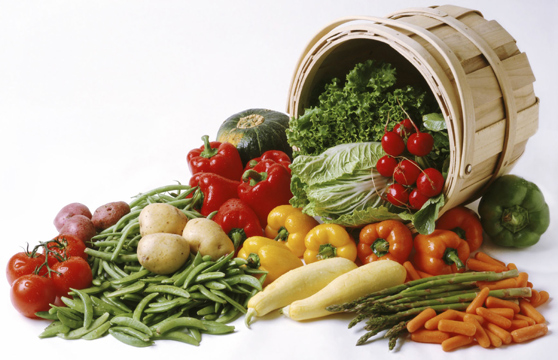World Food Day and food security
 World Food Day is a day of action against hunger. On October 16,
nations around the world come together to declare their commitment to
eradicate hunger from the world. This day was declared by FAO's member
countries at the 20th General Assembly in 1979. Since then this day has
been observed every year on October 16, highlighting the awareness of
the issue of hunger and food security. World Food Day is a day of action against hunger. On October 16,
nations around the world come together to declare their commitment to
eradicate hunger from the world. This day was declared by FAO's member
countries at the 20th General Assembly in 1979. Since then this day has
been observed every year on October 16, highlighting the awareness of
the issue of hunger and food security.
Social protection
The FAO's mandate is to raise levels of nutrition, improve
agricultural productivity, improve the lives of the rural population and
contribute to the growth of the world economy that no child, woman or
man has to live with food insecurity. Social protection is a basic right
recognised by the UN and ILO.
About
73 percent of the world population has no access to adequate social
protection. A majority of them live in the rural areas of developing
countries and many are dependant on agriculture to make a living. (I.L.O.)
Food insecurity exists when people do not have adequate physical,
social and economic access to food as defined above. When there is food
insecurity, people cannot consume enough and face the threat of
malnutrition.
Malnourishment exists when the caloric intake of a person is below
the minimum dietary energy requirement which is the assessment of energy
needed for light activity and maintain a minimum acceptable weight for
their height.
Children are the most vulnerable victims of malnutrition. It
magnifies effects of diseases. It causes mental retardation and growth
restrictions, poor health, blindness, anaemia and learning disabilities.
Many malnourished children die before they reach the age of five.
World population is more than seven billion today and predicted to
increase to 9.1 billion in 2050. Food demand is predicted to increase by
70% by 2050. Therefore, the world is facing the problem of feeding this
expanding future population.
Water is key to food security. Crops and livestock need water to grow
and it is becoming increasingly scarce in many parts of the world. To
produce one kilogram of rice 3500 litres of water is required. One
kilogram of beef requires 15,000 litres of water.
The water required to grow the coffee needed for one cup is 140
litres. Agriculture accounts for an estimated 70 percent of human water
use. Water resources are under considerable pressure in the world today.
Land is another important resource in food security. Land quality
contributes mainly in agriculture productivity. The United Nations
environment program estimates that more than 16 percent of the world's
productive land has been degraded due to human activities.
Agriculture is critically dependent on temperature and rainfall. if
there are changes in any of these factors, farmers will face major
challenges. It has been observed that the mean global temperature has
increased since 1850, after the industrial revolution owing to
accumulation of carbon dioxide and green house gases in the atmosphere.
the main cause is burning of fossil fuel to meet the energy demand.
Significantly reduced
In 2000, world leaders signed a commitment to achieve Eight
Millennium Development Goals to achieve by 2015. The priority is to
halve extreme poverty and hunger including halving the number of under
nourished people in the developing world. These targets are now within
reach.
Since 1990, more than one million people have been lifted from
extreme poverty. The proportion of undernourished people in the
developing world have significantly reduced. The birth of underweight
children reduced from one in every four children to one in seven. These
targets were achieved ahead of the 2015 deadline.
The world has the resources and technology to eradicate hunger and
ensure long-term food security for all in spite of many challenges and
risks through a 21st century Green Revolution. It however needs combined
effort by everyone. Food production was keeping pace with the population
increase up to now.
Therefore, as the largest humanitarian organization fighting hunger
in the world, the FAO's aim of 'Food for All' will be a reality to
ensure food security in the future world.
N.B. Liyanarachchi,
Former Food Commissioner,
Former Advisor on Food Security to the Ministry of Finance and Planning,
Former Chairman SAARC Food Security Reserve Board.
Mail:
[email protected] |

